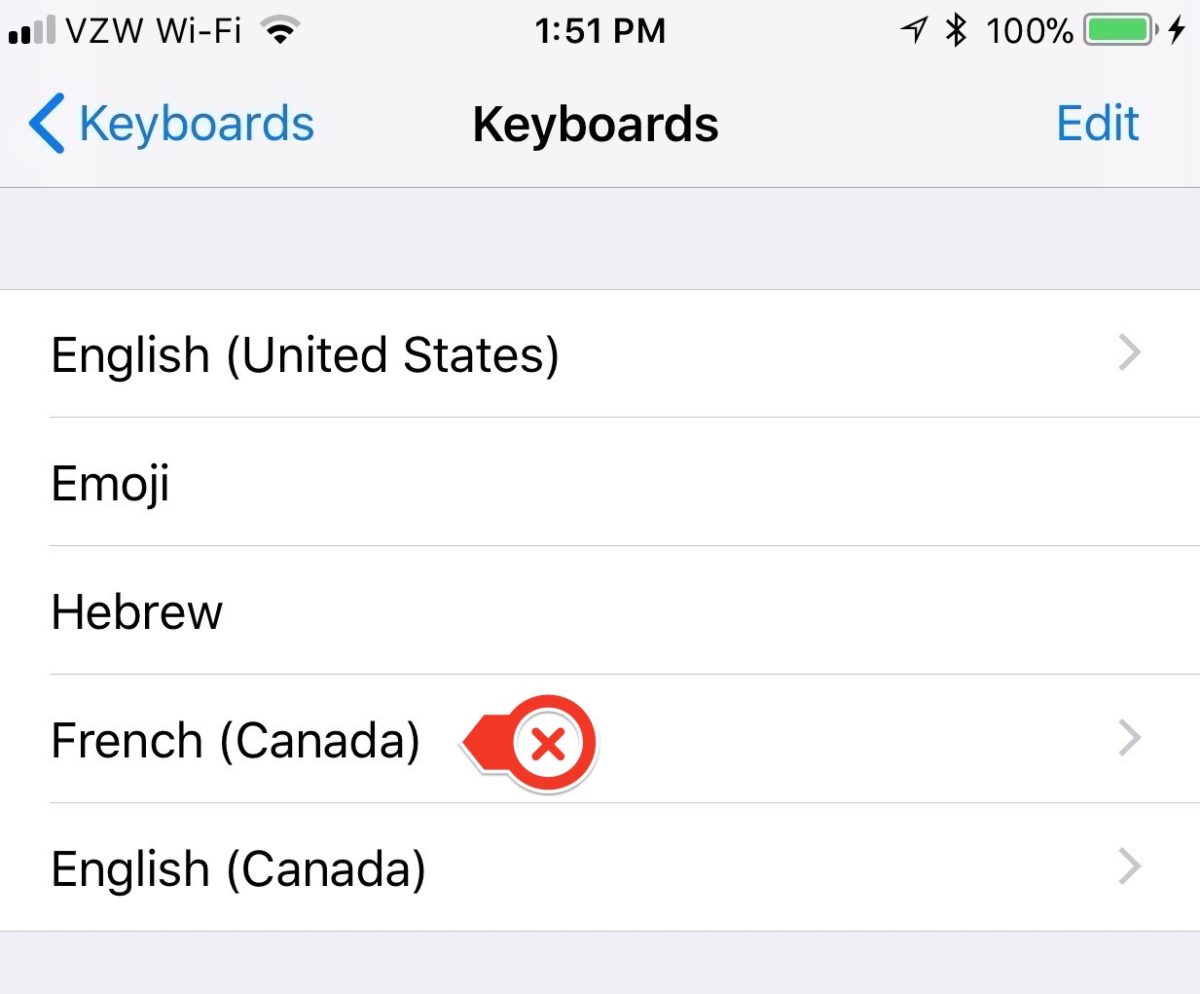In a trilingual Jewish day school, French isn’t just a subject—it’s a statement. A declaration that our students can be proudly Jewish, fluently bilingual, and fully Canadian all at once. This year’s Francofête celebration was a joyful reminder of how far we’ve come. But like all meaningful school growth stories, the journey toward French excellence at OJCS has been anything but linear.
This second post in the “Looking Backwards to Look Forward” series reflects on the incredible progress we’ve made in French language outcomes and the evolving vision of what it means to be bilingual—no, trilingual—at OJCS.
Looking Backwards: De l’incertitude à la confiance
There was a time—some of our veteran parents will remember it well—when the very mention of French at OJCS was cause for concern. We had families who loved the Jewish and General Studies offerings of our school, but quietly (or not-so-quietly) began looking elsewhere after Grade 3 to place their children in the public board’s French Immersion programs. It wasn’t just about instructional minutes or vocabulary lists—it was about confidence. Could our graduates truly function bilingually in Canada?
That question drove a major strategic reset in how we approached French at OJCS.
Nous avons écouté. Nous avons agi.
It began with Town Halls and parent consultations, the results of which were shared transparently through blog posts like this French Town Hall Recap and others. What emerged from these conversations was both a diagnosis and a direction: we needed a clearer, more rigorous, and more immersive approach to French that parents could trust.
Enter TACLEF—an early and important partnership with an external benchmarking program that provided individualized assessments and targeted next steps for students. As documented in this post, it helped our French team begin to professionalize and personalize how French was taught and learned at OJCS.
Un socle plus solide en Maternelle à 3e année
One of the biggest shifts was our investment in French before the Core/Extended split in Grade 4. By enriching K–3 with more immersive and academically rigorous French experiences, we laid a stronger foundation for both tracks. Today, students experience meaningful immersion even before they enter Extended, and Core students benefit from that as well.
Réinventer le programme “Étendu”
For students in our Extended track, we’ve worked hard to create a program that increasingly mirrors what one might expect from public school French Immersion—without sacrificing any of the other pillars of an OJCS education. A bold example of this is the prototyping of French-language PE, which was shared in this blog post. Teaching physical education en français does more than increase instructional time—it increases confidence, context, and connection.
And the results? Well, the simplest metric might be this: we no longer lose students due to French. That’s anecdotal, yes—but it’s a powerful indicator of changing perceptions, and more importantly, changing realities.
Looking Forwards: DELF, identité, et la puissance du trilinguisme
We’ve always said we are a trilingual school—English, Hebrew, and French. But in the years ahead, we’re working to move from claim to clarity: what does trilingual fluency look like by Grade 8? What does it feel like?
S’appuyer sur le DELF
The last three years mark a significant leap forward in our French program: the integration of the DELF (Diplôme d’Études en Langue Française), an internationally recognized certification awarded by the French Ministry of Education and aligned with CEFR standards (A1, A2, B1, B2).
Starting in Grade 5, our students begin working toward the competencies needed for success on the DELF by Grade 8. We’ve restructured our curriculum to align with DELF expectations, especially in Grades 7 and 8 where speaking and listening take priority. We’ve also invested in resources like Littératie en action to support this transition, allowing students to explore social studies and science en français—just like in public immersion programs.
And how’s it going? In the past two years, 100% of our Grade 8 students have passed the DELF—a powerful sign that we’re not only preparing students well, but giving them real confidence in their abilities.
The proof doesn’t end in Grade 8: our graduates are returning from high school saying, “French is easy.” That’s a new and remarkable kind of feedback.
Une voix en français
While we value reading and writing in French, we know that speaking is the ultimate proof of fluency—and the hardest skill to master. That’s why our next frontier is amplifying student voice in French: through presentations, assemblies, conversational games, and performances. The goal? For students to graduate from OJCS speaking French with confidence and joy, not just test scores.
Trilingues. Juifs. Canadiens.
Finally, there’s a deeper vision at play. OJCS graduates aren’t just learning French for travel or tests. They’re learning it as part of a larger identity: as proud Jews living in bilingual Canada. Being trilingual is more than a skill—it’s a strength. It’s the ability to code-switch across communities, to feel at home in diversity, and to lead in multiple languages.
Mot de la fin
When we tell the story of French at OJCS, we’re not just talking about curriculum—we’re talking about culture. A culture of transparency, growth, and pride. One that took the hard feedback seriously, asked big questions, and made bold changes.
We still have work to do. But the journey from Grade 3 exits to DELF-certified graduates is a remarkable one. And as we look forward, we do so with the confidence that our students won’t just leave OJCS bilingual or trilingual on paper—they’ll live it out loud.

And for OJCS Parents…we hope your children enjoyed this year’s Model Seders and other Passover Activities! Please fill out your Annual Parent Survey if you haven’t yet! Enjoy Passover Break!
Chag Pesach kasher vesame’ach! Wishing you a kosher and joyous Passover! A Zissen Pesach to all!

